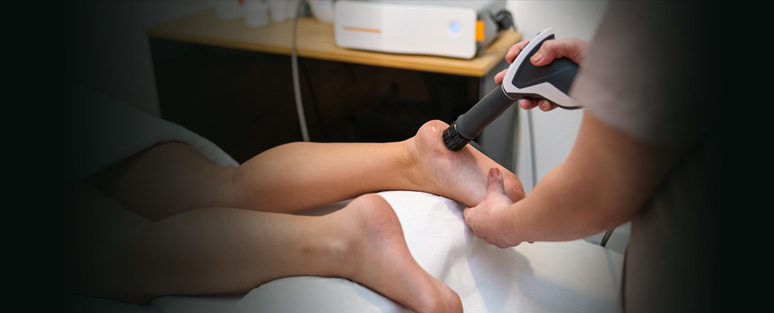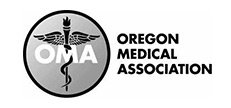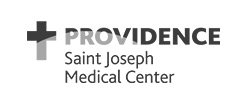While there is no magic bullet out there to eradicate COVID-19, prevention is the best medicine. At this point we all know that social isolation is the one thing that can limit the spread if the virus, by virtually limiting our exposure to a virus that is remarkably efficient at transmission, both through respiratory droplets and by direct contact. It is good at sticking to our skin by latching on to a normally existing protein on our skin, more so than other corona viruses, and once it infects, it uses a normally existing protein in our respiratory system, regardless of whether it entered from a droplet or from touching your face, to separate itself and “activate”, so to speak. It does this way better than other viruses.
This is not the flu, and it is a fallacy to think that only certain segments of the population are susceptible. Everyone is susceptible! Clearly though, while many are able to recover, others succumb. We know that the elderly, people with weakened immunity, cardiovascular disease, hypertension, and diabetes are at particular risk. Young people will get it and then, though asymptotic, will pass it on to grandma and grandpa, putting them at risk. But even healthy young people are at risk of succumbing if there is an abnormal immune response to the virus, and no one can predict this, or know this about themselves.
All of my patients know that I prescribe Vitamin D peri-operatively, and advise it’s use for fractures and bone health. And while, as an Orthopaedic Surgeon, my primary interest is bone health and the role that vitamin D plays in calcium absorption, we rarely discuss its apparent role in immunity. And while more studies are needed, there are an increasing number of studies revealing a relationship between vitamin D and autoimmune diseases, with low vitamin D levels being a potential risk factor. I have included here an older meta analysis article showing a correlation between Vitamin D and increased immunity, as it relates to respiratory illness.
I am in no way stating that Vitamin D will prevent infection, as nothing short of decreased exposure will do that, but it is something to add to the arsenal, and may help our bodies in some small way. All of this to say that I want all of my patients who are still taking their vitamin D as they are healing, to continue. There is no defined dose at all, and DO NOT start popping megadoses of Vitamin D, but at a minimum, take the daily recommended dose.














